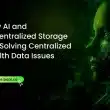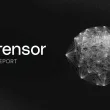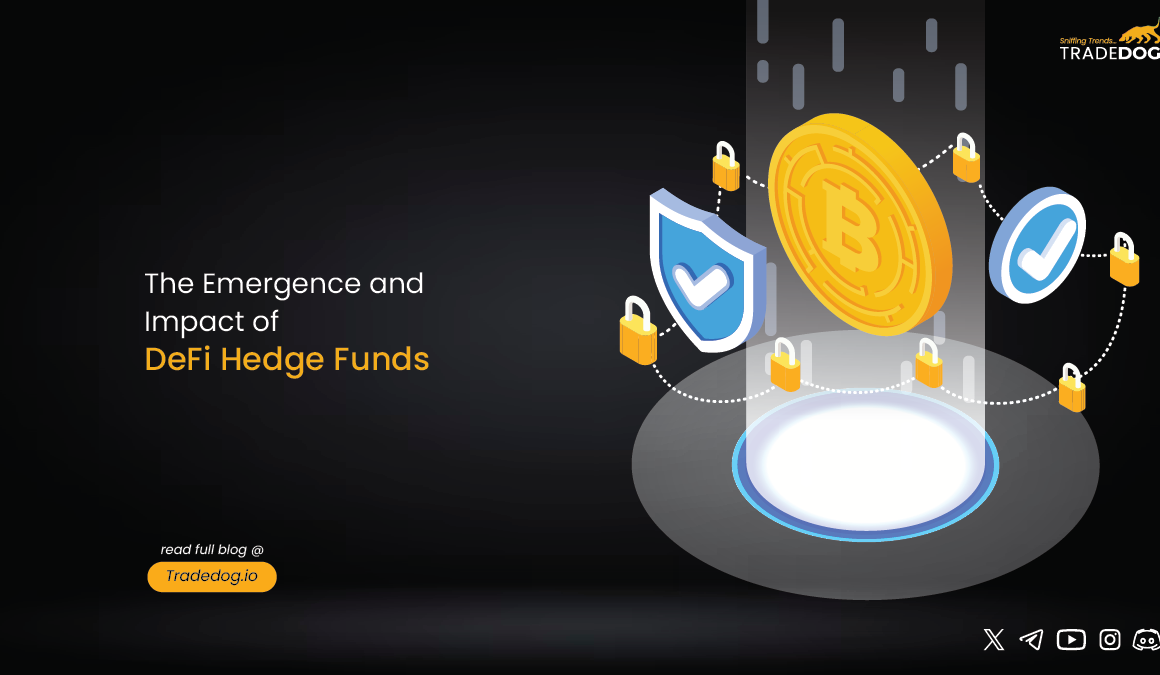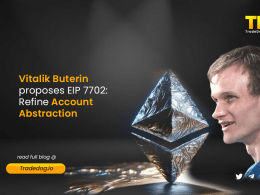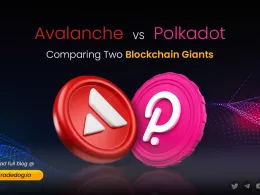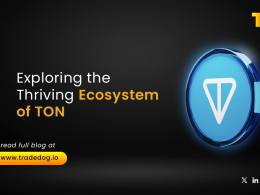Quick Links
The hedge fund landscape is undergoing a remarkable transformation, poised to expand from $4.74 trillion in assets under management (AUM) in 2024 to an estimated $5.47 trillion by 2029. A significant driver of this growth is the emergent sector of DeFi (Decentralized Finance) hedge funds, which are increasingly capturing the interest of investors with their focus on digital assets.
(Image source: https://www.mordorintelligence.com/)
As traditional financial mechanisms converge with groundbreaking blockchain technology, DeFi hedge funds are not just participating in this growth. Still, they are at the forefront, redefining investment strategies and reshaping the future of the hedge fund industry.
Understanding DeFi Hedge Funds
The world of finance is transforming, one that blends traditional investment strategies with cutting-edge technology. A prime example of this evolution is the emergence of Decentralized Finance (DeFi) hedge funds, a concept that might seem complex at first glance. This blog aims to demystify DeFi hedge funds, highlighting how they operate, their unique features, and the considerations for potential investors.
DeFi hedge funds are investment funds that operate within the DeFi ecosystem, leveraging blockchain technology. Unlike traditional hedge funds, they thrive on a decentralized network, which can offer increased transparency and security, along with a reduced reliance on central authorities. Here’s how they work
Transparency through Blockchain
Unlike traditional hedge funds, where operations and strategies are closely guarded secrets, DeFi hedge funds operate on the blockchain. This means that every transaction and operation is transparent and verifiable by anyone interested. Investors can track where their money is going and how it’s being managed.
Accessibility for All
DeFi hedge funds eliminate the high barriers to entry that often come with traditional hedge funds. Anyone with a crypto wallet and an understanding of the DeFi ecosystem can invest in these funds. This democratization of access to hedge fund investments opens up new opportunities for average crypto investors.
Two Models of DeFi Hedge Funds
Defi hedge funds primarily manifest in two distinct varieties::
- Portfolio Manager-Managed Funds
In this model, a portfolio manager takes investors’ funds and creates and manages investment strategies. However,. Investors can monitor the manager’s activities and expenses, promoting accountability.
- Smart Contract-Driven Funds
The second type of DeFi hedge fund operates through smart contracts. Developers code an investment strategy into a smart contract, which can accept investments from anyone via a wallet address. The smart contract then automatically executes the investment strategy and distributes gains proportionally among all investors. While this model offers automation and transparency, it also carries the risk of coding errors and vulnerabilities.
Active Defi Hedge Funds
Edge Capital Management
Edge Capital Management, known for its low public profile, raised $66.78 million across two DeFi-focused funds. The U.S.-based Edge DeFi Fund LP raised about $28 million from eight investors since February 2023. The Cayman Islands-based Edge DeFi Offshore Fund sold approximately $38.6 million to six investors since October 2021.
The firm, founded in early 2020 by Vadim Khramov and headquartered in Boca Raton, Florida, seeks opportunities in digital assets, blockchain, and DeFi using macro-style investing. This strategy aims to profit from broader market swings due to economic or political events.
Finexify
Founded in 2021, Finexify leverages DeFi to offer extraordinary alpha to investors. The firm targets long-term steady capital growth in the 30%-50% per annum range, focusing on mitigating market risks without compromising fund security.
Their Ethereum Green Legend Fund, launched in February 2021, provides two investment options – in ETH or stablecoins. It has shown impressive returns, with ETH at 49.55% and stablecoins at 65.2%. As of October 2023, the total value of Assets Under Management (AUM) was $3.1 million, with a projected 20x increase in AUM by Q4 2023.
Grayscale
The Grayscale Decentralized Finance (DeFi) Fund LLC, as of January 9, 2024, had a market capitalization of $5.15 million. This marked a significant growth from $1.82 million on March 31, 2023. The fund recorded a 58.27% change over 52 weeks, significantly outperforming the S&P500’s 52-week change of 21.54%. Its 52-week high was $29.90, and the low was $6.00.
Conclusion
DeFi hedge funds represent a revolutionary shift in the finance sector, merging traditional investment strategies with blockchain technology. These funds offer unparalleled transparency and accessibility, breaking down traditional barriers to hedge fund investment. They operate in two main models: one managed by portfolio managers and the other driven by smart contracts, each providing transparency and varying degrees of automation and human oversight.
Key DeFi protocols like Aave, Compound, Lido Finance, MakerDAO, and Uniswap illustrate the diverse applications of DeFi, from lending and borrowing to liquidity and decentralized trading. While offering significant advantages, DeFi hedge funds also carry risks like market volatility and smart contract vulnerabilities. Their emergence marks a transformative phase in finance, potentially reshaping investment and asset management through increased inclusivity, transparency, and efficiency.

